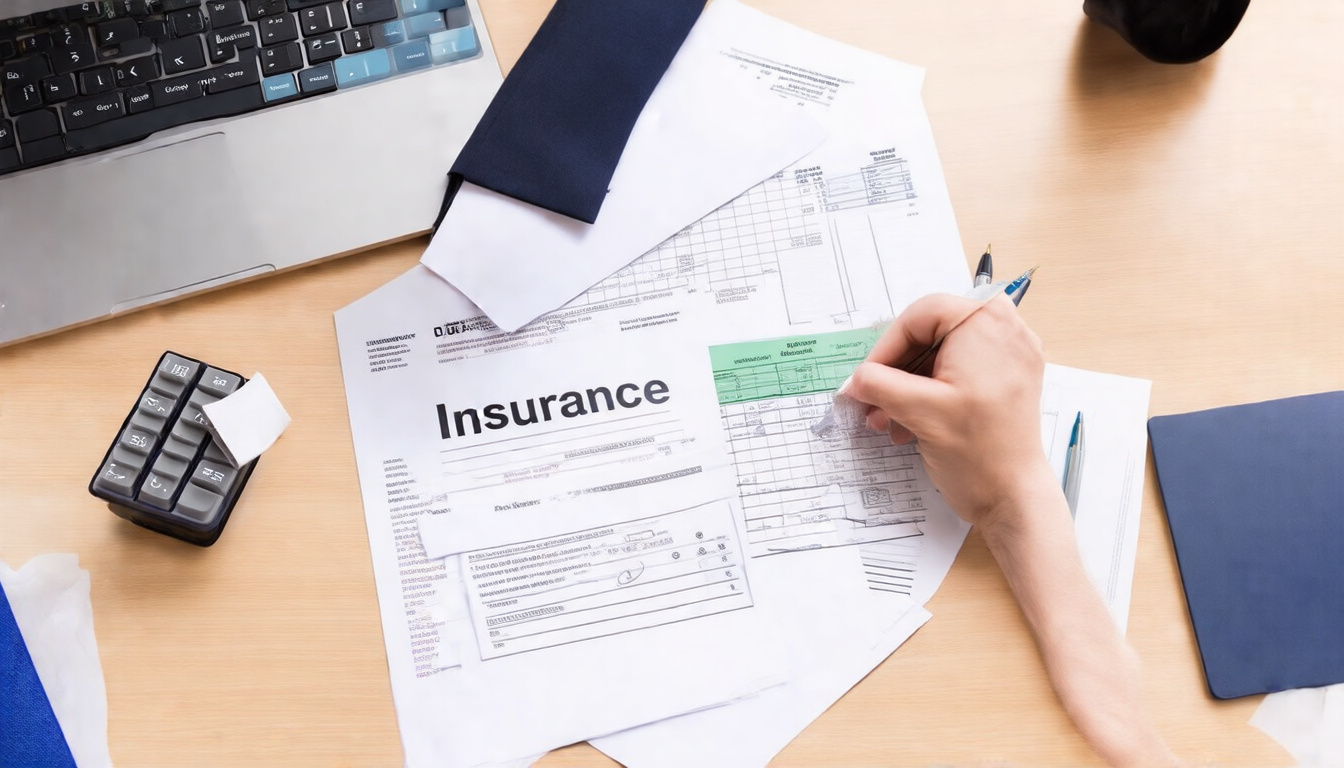When insurance and legal duties join, know your liability limits.
Liability limits mark the highest sum an insurer will pay for a claim.
Having the right coverage can keep your finances safe and avoid heavy debt.
In this article, we explain liability limits, show why they matter, and help you choose coverage to guard your assets.
What Are Liability Limits?
Liability limits set the top amount your insurer pays when you are deemed responsible for someone’s injury or their property damage.
This rule holds for auto, home, and business insurance alike.
Liability coverage defends you against claims for bodily injury or property damage that happen because you were careless.
There are two common kinds of liability limits:
- Per-Occurrence Limit:
The highest payout allowed for one incident or claim. - Aggregate Limit:
The total payout allowed over the life of the policy.
For instance, if auto insurance offers a $100,000 per person limit and a $300,000 per accident limit, it means the insurer pays up to $100,000 for one person and no more than $300,000 in total for all injured individuals in one accident.
Why Are Liability Limits Important?
Liability limits shape the degree of financial help you get when faced with lawsuits or claims.
If damages go beyond these limits, you end up covering the extra amount yourself.
This extra cost can lead to wage garnishments, loss of assets, or even bankruptcy.
Choosing the right limits can boost:
- Financial Security:
Your savings, home, and other assets stay safe from legal judgments. - Peace of Mind:
Knowing you have enough coverage cuts down stress when accidents occur. - Legal Compliance:
Many states require drivers and business owners to carry set minimum limits.
Without reasonable limits, you risk heavy out-of-pocket expenses, especially as medical and repair costs climb.
How to Determine the Right Liability Limits for You
To set limits that work for you, think about your net worth, lifestyle, and the specific risks linked to your property or actions.
Here are some steps to follow:
- Evaluate Your Assets:
Count your savings, property, and belongings that might be at risk in a lawsuit. - Consider Your Income:
Your future earnings might be on the line if claims exceed your limits. - Assess Risk Exposure:
Real risks differ; a homeowner in a flood zone and a business owner with high customer contact face different liabilities. - Check Legal Requirements:
Make sure your insurance meets or tops the state or industry rules. - Consult Insurance Experts:
A professional can set limits that match your personal profile and risks.
Many experts, including the Insurance Information Institute, advise choosing limits that match or exceed your net worth. This choice helps keep you safe from large financial losses.
Types of Liability Insurance with Common Limits
Liability limits appear in many insurance policies that cover different risks:
- Auto Liability Insurance:
Covers injuries and property damage caused by your vehicle. - Homeowners Liability Insurance:
Shields you against accidents on your property. - Umbrella Insurance:
Adds extra liability protection on top of your current policies. - Business Liability Insurance:
Defends companies from claims related to injuries or damage in their operation.
It is crucial to know your policies and their limits.
For example, if your auto policy has $100,000/$300,000 limits but an accident causes over $500,000 in damage, umbrella insurance can bridge the gap.

Tips to Protect Yourself with Liability Limits
To keep yourself safe, follow these tips:
- Review Your Policies Annually:
Check your coverage every year to find gaps or chances to improve. - Consider Umbrella Insurance:
This extra coverage is usually affordable and greatly boosts protection. - Understand Exclusions:
Read every policy carefully so you know what is not covered. - Keep Records and Documentation:
Write down incidents and keep any related communication to support your claim. - Maintain a Healthy Credit Score:
A strong score not only lowers premium rates but also improves your coverage options.
Frequently Asked Questions About Liability Limits
Q1: What happens if the damages exceed my liability limits?
A: If damages go over your limits, you must pay the extra cost yourself. This may force you to sell assets or face other financial issues.
Q2: Can liability limits be adjusted after a claim?
A: Usually, the limits stay the same during the policy term. You can change them when you renew your policy or add new terms.
Q3: Are liability limits the same for all types of insurance?
A: No, they differ. Each type of insurance and each policy has its own set of limits. Always review each one carefully.
Conclusion: Take Control of Your Financial Protection Today
Liability limits form a key part of risk management in insurance.
When you understand these limits and know your own needs, you can avoid hard financial blows and keep your mind at ease.
Do not wait for an accident or lawsuit to risk your assets.
Review your current coverage, talk with an expert, and update your liability limits if needed.
Protect yourself, your family, and your future by setting proper liability limits today.
Contact your insurance agent or look at trusted providers to make a choice that fits your life.
Your financial security depends on it!
Author: Doyle Weaver, Attorney at Law
Home | Estate Planning | Personal Injury | Hill Country Lawyer | Terms of Service | Privacy Policy
© 2025 Digital Law Firm, P.C.
Disclaimer: The content provided in this blog is for educational and informational purposes only. It is not intended to constitute legal advice or establish an attorney-client relationship. The information presented does not address individual circumstances and should not be relied upon as a substitute for professional legal counsel. Always consult a qualified attorney for advice regarding your specific legal situation. The author and publisher are not liable for any actions taken based on the content of this blog.

Leave a Reply